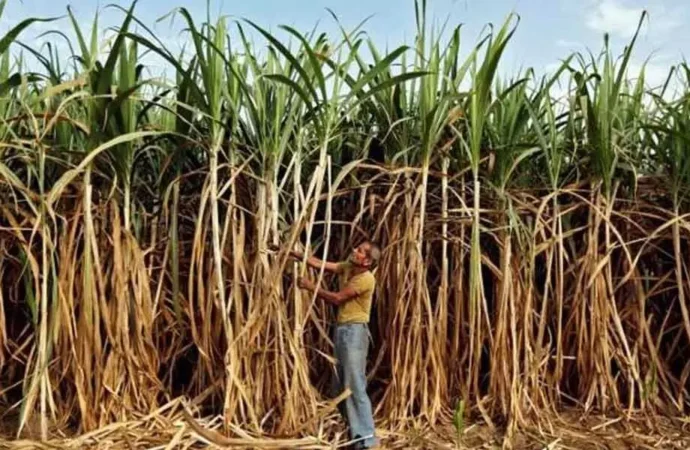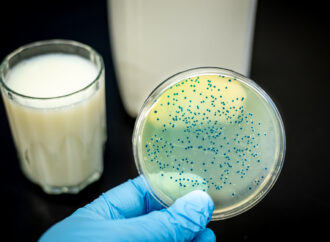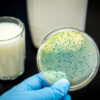Key Development
India plans to divert nearly a quarter of its sugar output to ethanol production by 2034, a move that could reshape the food supply chain and raise concerns about long-term food safety and availability. The Organisation for Economic Co-operation and Development (OECD) and the Food and Agriculture Organisation (FAO) outlined these trends in their latest sugar market outlook for 2025–2034.
India Shifts Sugar to Ethanol, Raises Supply Chain Questions
Government policies have encouraged sugar mills to produce more ethanol as part of India’s biofuel strategy. Currently, India converts about 9% of its sugar to ethanol. By 2034, that share is expected to rise to 22%. While this reduces dependency on fossil fuels, it also reduces the amount of sugar available for food processing. This shift may affect pricing, food formulation, and availability of sugar for consumption, especially in processed foods, baked goods, and confectioneries. FSSAI and food safety authorities may need to monitor how such changes influence nutritional quality and food adulteration risks.
Sugar Production Slows, but Diversion Increases
India will add 8.7 million tonnes of sugar by 2034, the highest increase in Asia, despite slower growth due to land limitations and diversion to ethanol. But a reduced focus on refining and storing sugar for food use may lead to gaps in quality monitoring. This opens concerns about substandard or adulterated sugar entering the food market to meet demand.
Food Safety Risks from Global Trends
OECD and FAO expect sugar demand to grow in developing nations like India, Indonesia, and Pakistan due to rising incomes and population growth. But they also warn that high-income countries will continue to cut sugar due to health concerns, putting pressure on producers to shift strategies. This split in demand may push lower-quality sugar into cheaper markets. Without stringent food safety oversight, there’s a risk of contaminated or adulterated sugar affecting health, especially in bulk food services and local markets.
Climate and Resource Pressures May Affect Quality
The report flags threats like land shortages, crop diseases, and climate change. These could lower yields and push some suppliers to use unapproved plant treatments or shortcuts in processing, posing direct food safety risks. To address this, Indian regulators may need to step up monitoring of sugar sources, refining standards, and ethanol diversion impacts. Ensuring that food-grade sugar meets safety benchmarks becomes critical in a tighter supply environment.
Source: Foodtech News
 Food Manifest
Food Manifest 


















